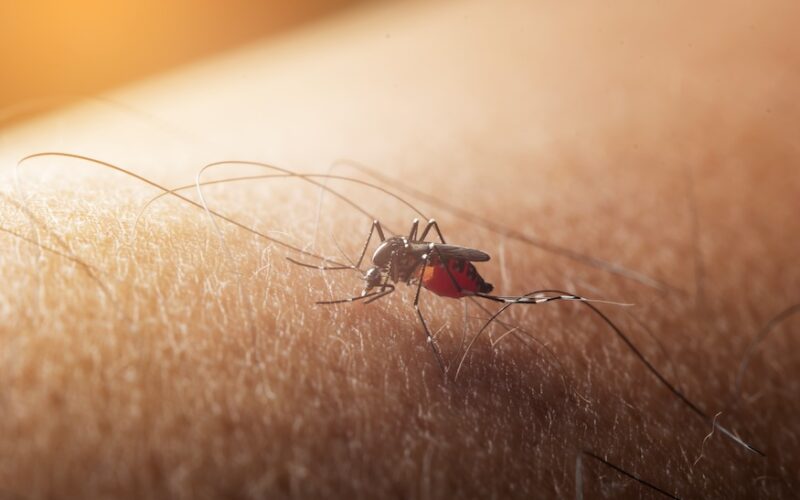As stated in NYC Newswire, the New York City Health Department has reported the first two human cases of West Nile virus this season. Both patients live in Queens. Mosquito pools in every borough have tested positive for the virus since July.
Two Cases Verified, More Being Probed
One patient with West Nile fever was shortly admitted to hospital and since released. A second individual is hospitalized with West Nile neuroinvasive disease, manifesting as encephalitis. The virus has also turned up in blood donations from Brooklyn and Staten Island donors. Two additional Brooklyn cases are under investigation.
Mosquitoes Active Throughout City
The city notes that West Nile-infected mosquitoes are active from May to October, mostly during August and September. As of August 22, 2025, 988 mosquito pools had tested positive citywide, which is lower than the previous year at this time. So far, 10 adulticiding spray sessions, 3 aerial larviciding operations, 2 rounds of catch basin larviciding, and 1,104 ground larviciding events have been completed by health officials.
Commissioner Advises Prevention Measures
“West Nile virus poses a serious risk to older adults and those with weakened immunity,” said Acting Health Commissioner Dr. Michelle Morse. “Protect yourself by using EPA-registered repellent, wearing long sleeves and pants at dusk and dawn, and removing standing water. Also, check your window screens.” Updates about mosquito activity are available via the NYC Health online map.
Symptoms and Risks
Most infected people have no symptoms, but some get fever, headache, muscle aches, rash, and fatigue. Roughly 1 in 150—mainly seniors or people with weak immune systems—could develop serious problems, such as West Nile neuroinvasive disease, impacting brain and spinal cord and leading to mental changes, muscle weakness, hospitalization, or possibly death.
West Nile’s New York Legacy
West Nile virus appeared in New York over 25 years ago. From 2012–2021, there were about 16 diagnosed cases with brain or nervous system involvement each year, but from 2022–2024 the average almost doubled to 31 annually. Most patients hadn’t used insect repellents or taken preventive measures.
Prevention Tips
Health experts suggest using EPA-approved repellents—DEET, picaridin, oil of lemon eucalyptus, or IR3535—and covering up with long sleeves and pants at peak times. If you’re immunocompromised, limit time outdoors at dawn and dusk. Repair broken window screens, drain stagnant water, and maintain pools properly. For recommended repellents, visit the EPA search tool.
More Info
To learn about West Nile virus or report standing water, check the NYC Health: West Nile Virus page or dial 311.

















Leave a Reply